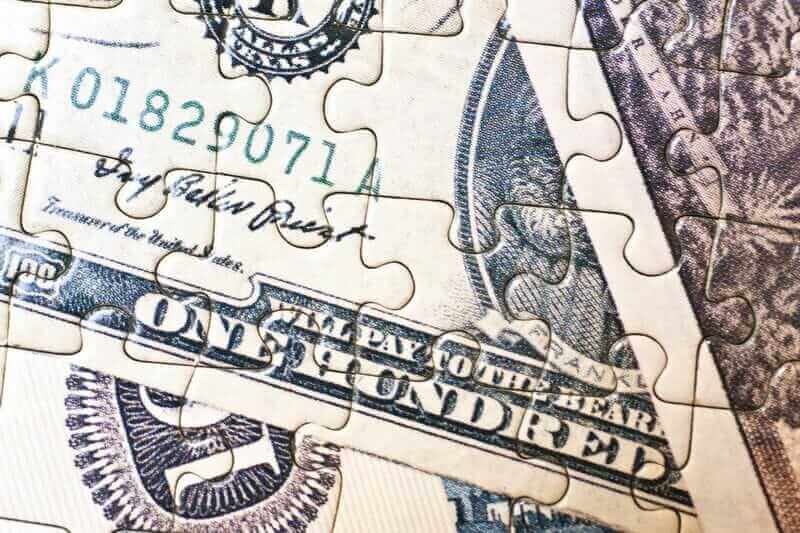
The dollar index (DXY00) on Friday fell by -0.16%. The dollar on Friday gave up an early advance and posted moderate losses. A sharp rally in stocks Friday curbed liquidity demand for the dollar. Also, strength in GBP/USD Friday weighed on the dollar after the British pound rallied to an 11-month high. The dollar Friday initially moved higher as the better-than-expected U.S. Apr payroll report may prompt the Fed to keep interest rates higher for longer.
Friday’s monthly U.S. payroll report was bullish for the dollar. Apr nonfarm payrolls rose +253,000, stronger than expectations of +185,000. Also, the Apr unemployment rate unexpectedly fell -0.1 to a 54-year low of 3.4%, showing a stronger labor market than expectations of an increase to 3.6%. In addition, Apr average hourly earnings rose +0.5% m/m and +4.4% y/y, stronger than expectations of +0.3% m/m and +4.2% y/y.
Friday’s U.S. consumer credit report was bullish for the dollar after Mar consumer credit rose +$26.514 billion, stronger than expectations of +$17.000 billion and the largest increase in 4 months.
EUR/USD (^EURUSD) on Friday rose by +0.12%. The euro on Friday recovered from early losses and posted modest gains. Hawkish comments Friday from ECB Governing Council member Muller were bullish for the euro when he said Thursday's interest rate hike by the ECB won't be the last. EUR/USD Friday initially moved lower on weaker-than-expected Eurozone economic news that showed Eurozone Mar retail sales fell more than expected, and German Mar factory orders posted their biggest decline in nearly three years.
ECB Governing Council member Muller said Eurozone inflation is still far above the ECB's 2% target, indicating Thursday's interest rate hike won't be the last.
Friday’s weaker-than-expected Eurozone economic news was bearish for EUR/USD. Eurozone Mar retail sales fell -1.2% m/m, weaker than expectations of -0.2%. Also, German Mar factory orders fell -10.7% m/m, weaker than expectations of -2.3% m/m and the biggest decline in nearly three years. In addition, the German Apr S&P construction PMI fell -0.9 to 42.0, the steepest pace of contraction in 4 months.
USD/JPY (^USDJPY) on Friday rose by +0.37%. The yen was under pressure Friday after the stronger-than-expected U.S. Apr payrolls report pushed T-note yields higher. Also, an easing of U.S. banking concerns sparked a rally in regional bank stocks Friday and curbed safe-haven demand for the yen. Trading activity in the yen was muted, with Japanese markets closed Friday for the Children’s Day holiday.
June gold (GCM3) on Friday closed down -30.90 (-1.50%), and July silver (SIN23) closed down -0.297 (-1.13%). Precious metals Friday posted moderate losses. A stronger-than-expected U.S. Apr payrolls report Friday pushed bond yields higher and sparked long liquidation in metals. Metals also declined as the strength in the U.S. labor market dampened speculation the Fed would cut interest rates later this year. Silver prices also fell on industrial metals demand concerns after German Mar factory orders fell more than expected by the most in nearly three years. Metals prices recovered from their worst levels after the dollar gave up an early advance and moved lower.
On the date of publication, Rich Asplund did not have (either directly or indirectly) positions in any of the securities mentioned in this article. All information and data in this article is solely for informational purposes. For more information please view the Barchart Disclosure Policy here.






